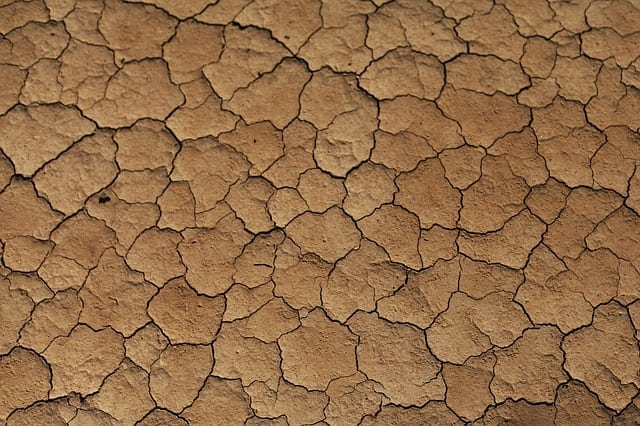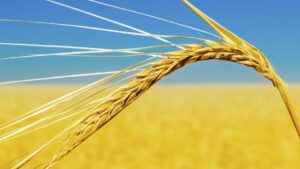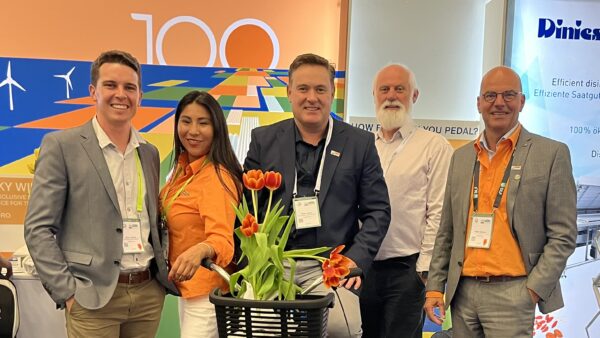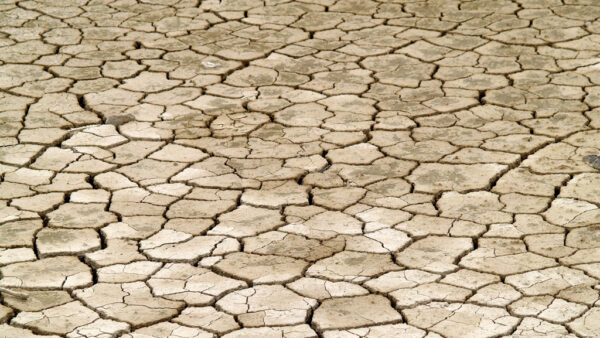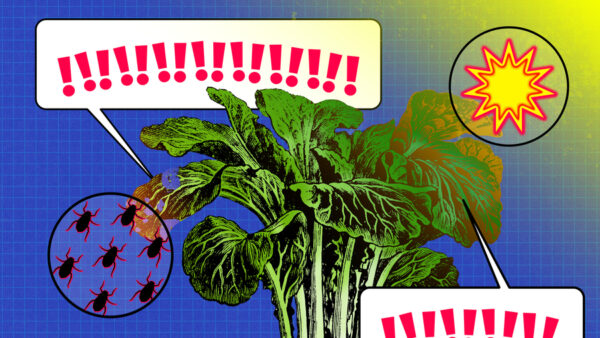In light of the difficulties faced by European farmers affected by drought this summer, the European Commission continues acting to provide practical support to the sector. Additional flexibility will be granted to help farmers provide sufficient feed to their animals.
The European Commission presented today an additional package of actions aimed at increasing the availability of fodder resources for livestock, one of the main challenges faced by farmers dealing with the impact of drought. This package complements the measures already announced early August.
More specifically, the new derogations presented today concern certain greening rules:
- Possibility to consider winter crops which are normally sown in autumn for harvesting/grazing as catch crops (prohibited under current rules) if intended for grazing/fodder production;
- Possibility to sow catch crops as pure crops (and not a mixture of crops as currently prescribed) if intended for grazing/fodder production;
- Possibility to shorten the 8-weeks minimum period for catch crops to allow arable farmers to sow their winter crops in a timely manner after their catch crops;
- Extension of the previously adopted derogation to cut/graze fallow land to France.
The proposal on higher advanced payments, already announced a few weeks ago, was also formally presented today. Farmers will be able to receive up to 70% of their direct payment and 85% of payments under rural development already as of mid-October 2018 instead of waiting until December to improve their cash flow situation.
These proposals come in addition to the provisions already available for such circumstances. In all cases, the Commission ensures that all these measures are implemented in a proportionate way taking into account environmental concerns. For example, under existing state aid rules, aid of up to 80% of the damage caused by drought (or up to 90% in Areas of Natural Constraint) can be provided, subject to certain specific conditions. The purchase of fodder can qualify for aid as either material damage or income loss. Compensation for damage can also be granted without the need to notify the Commission (the so-called “de minimis aid”) with amounts up to €15,000 per farmer over three years. Relief possibilities also exist under rural development, including the financing of re-seeding of pastures for example or compensation for loss of income.
Today’s proposals were submitted to Member States gathered in a Committee meeting. They should be voted in the coming days and formally adopted by the end of September. The measures will apply retro-actively.
The Commission is in contact with all Member States to receive updated information by 31 August of the impact of drought.
Source: European Commission


